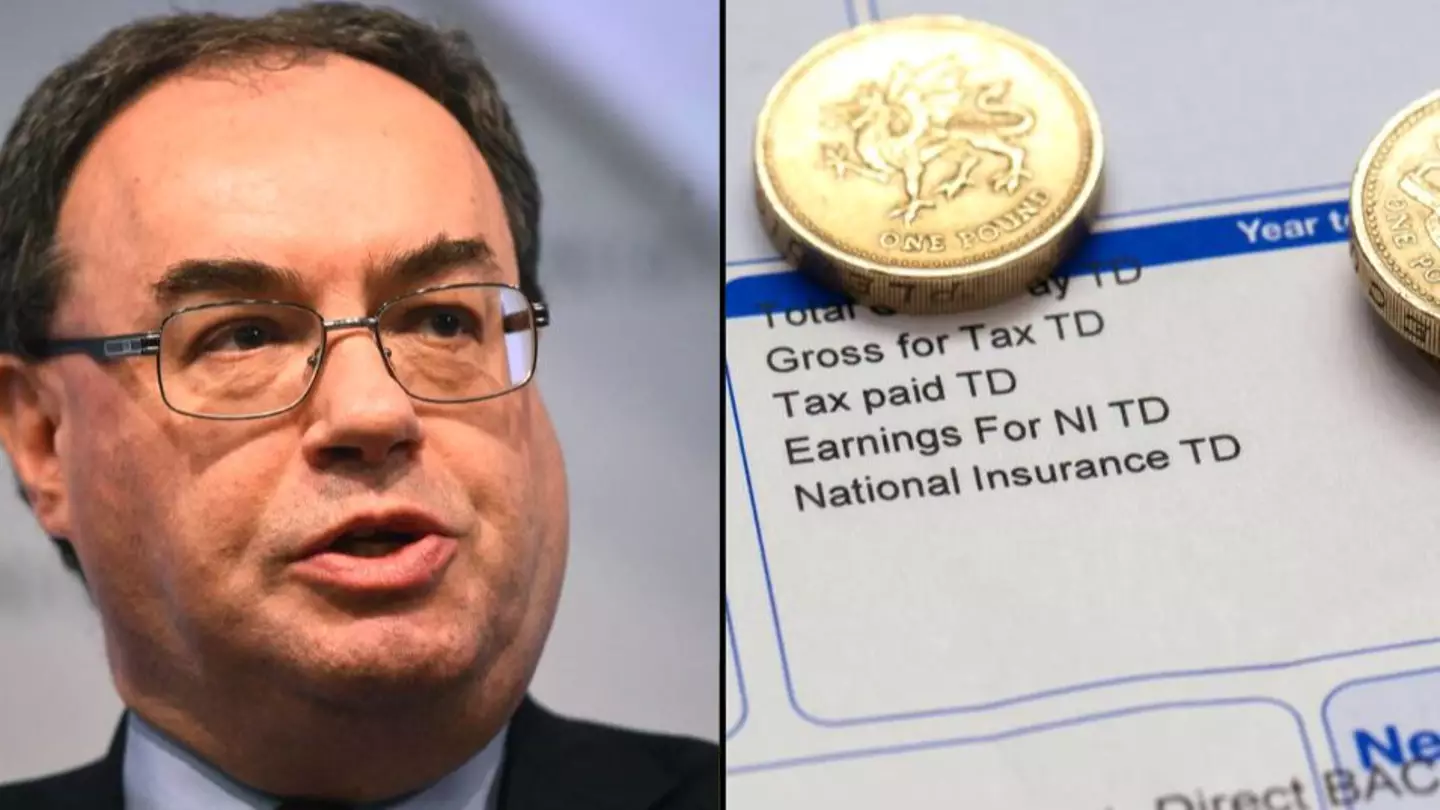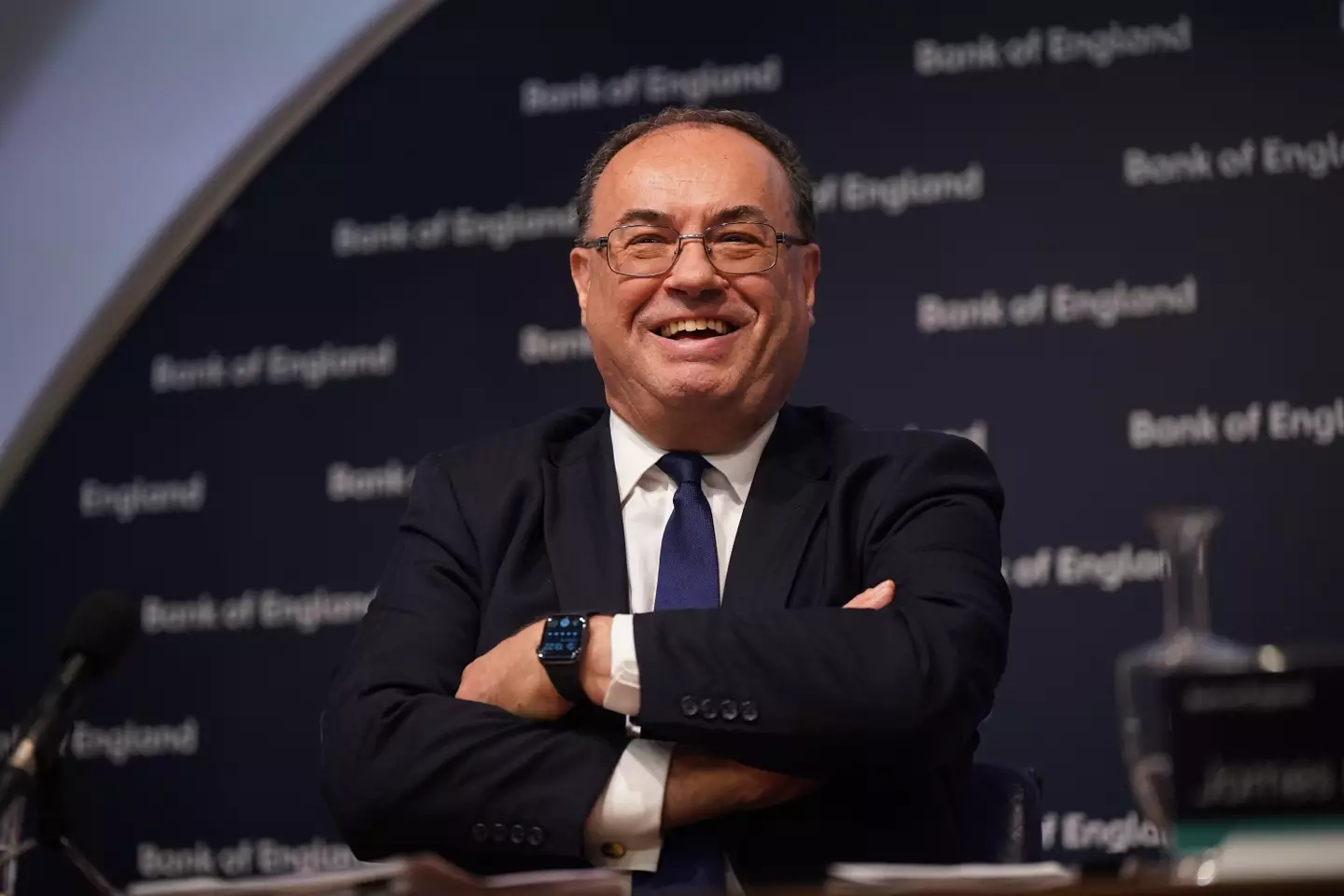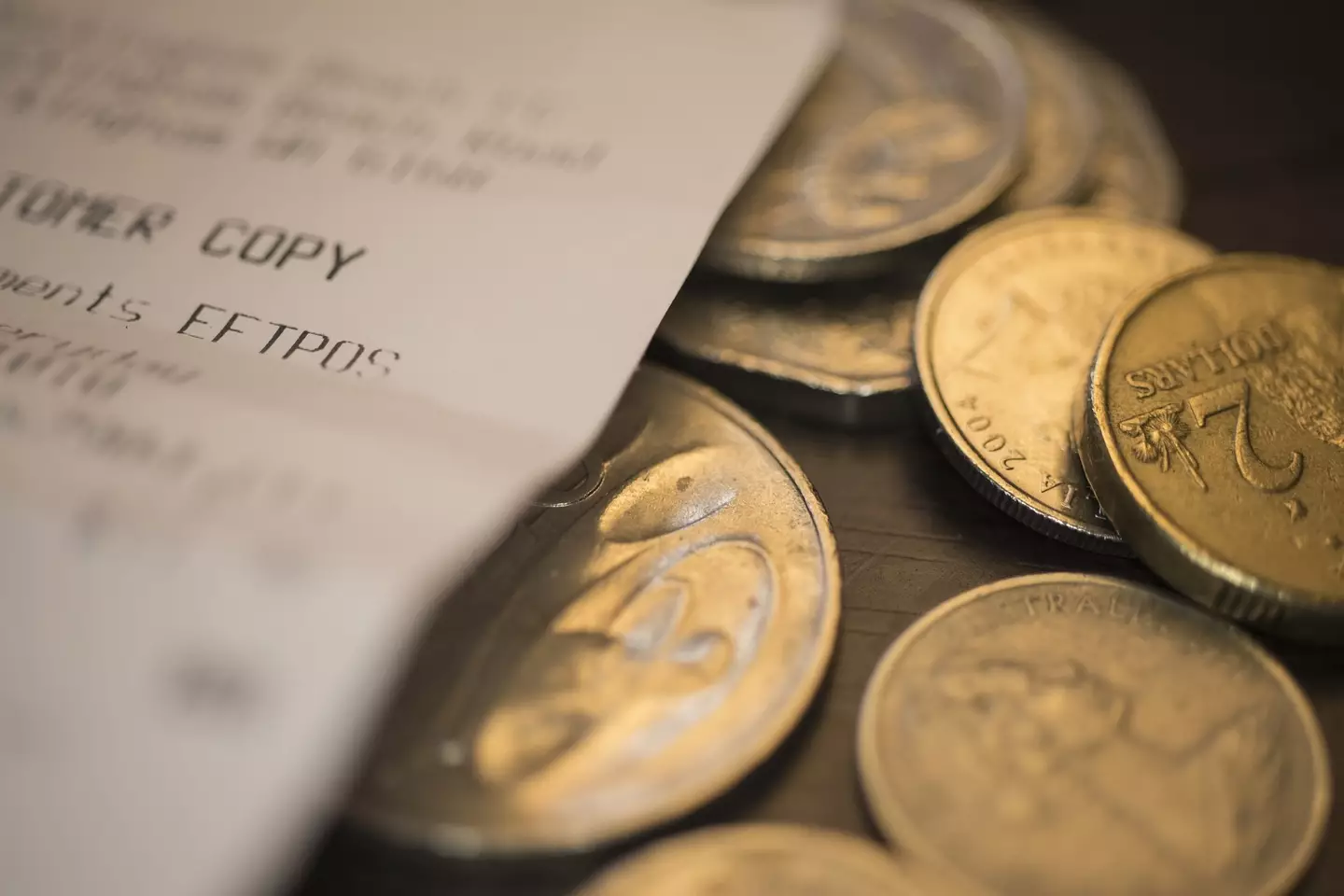
Many of us are feeling the pinch of our purse strings as the cost of living continues to rise.
But now a bank boss has come out to say workers should avoid asking for a pay increase as it could make the problem worse.
This is because as wages go up, the cost of producing and selling goods increases as businesses need to find the money to pay their staff.
Andrew Bailey, governor of the Bank of England, told BBC Radio 4’s Today programme: “If everybody tries to beat inflation – and that is in both price-setting and wage-setting – it doesn’t come down, it gets worse.”
Advert
He added: “If inflation becomes embedded and persistent, it gets worse. And the effects get worse.”

While the bank’s inflation target is two percent, he warned that it would hit 13 percent in October.
It’s not surprising then that much of the UK’s workforce has been striking as unions try and keep people’s wages in line with the increasing levels – the worst the country has seen for 40 years.
But it is the poor who are being affected the most by the cost of living crisis, the Guardian reports.
“There are a lot of people out there who are very badly affected by this inflation – all inflation affects people on low incomes badly – but this time particularly because it is concentrated in energy and food. Those are the essentials of life,” Bailey said.
The pandemic and the war in Ukraine as well as hiring problems across the UK have all played a part in the crisis that we’re now faced with.

While Bailey couldn’t say for sure where he thought rates might return once inflation eases, he hoped it would be below four to five percent, similar to what was seen during the 2008 financial crisis.
Paul Johnson, the director of economic think tank the Institute for Fiscal Studies, told the Guardian that the next Prime Minister will need to find billions to support both key services and households.
“This is a much bigger increase in energy bills than was expected a few months ago when the support packages were announced,” he said.
“Thirteen percent inflation is an extraordinary number and it will have an impact on the public finances. They are going to have to find many more billions to support households.”
